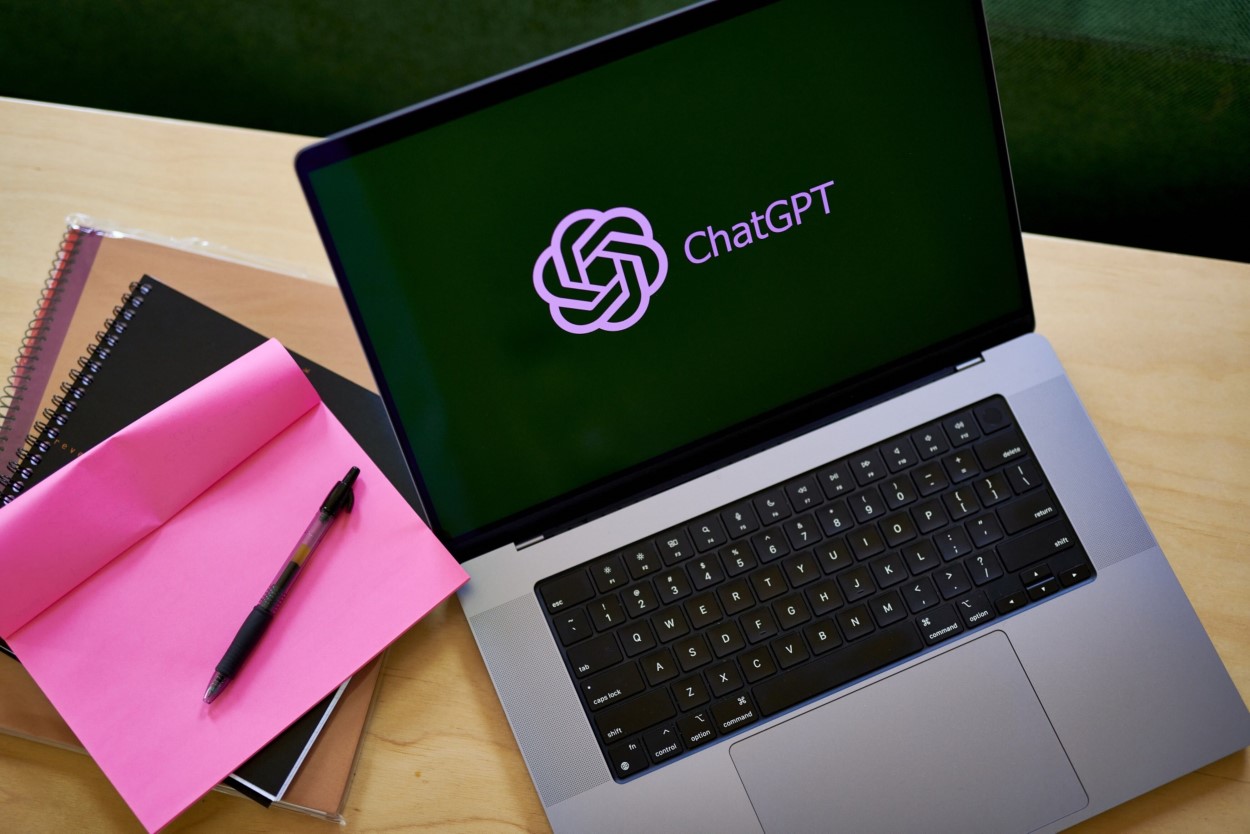OpenAI Sees ‘Tremendous Growth’ in Corporate Version of ChatGPT
The enterprise product represents the most significant effort by OpenAI to make money from its AI chatbot, but it faces stiff competition from Anthropic, Cohere and Microsoft.
April 4, 2024

(Bloomberg) -- OpenAI is seeing surging demand for the corporate version of ChatGPT even as it confronts a growing number of artificial intelligence companies offering similar products for the workplace.
In an interview on Bloomberg Technology, OpenAI’s Chief Operating Officer Brad Lightcap said there are now more than 600,000 people signed up to use ChatGPT Enterprise, up from around 150,000 in January.
The enterprise product represents the most significant effort by OpenAI to make money from its AI chatbot. OpenAI launched the business version of ChatGPT in August, promising added features and privacy safeguards, including data encryption and a guarantee that the startup won’t use information from customers to develop its technology. But the company faces competition from Anthropic, Cohere and, arguably, its biggest investor, Microsoft Corp., all of which are courting business customers.
This “is going to be the year of adoption for AI in the enterprise,” Lightcap said in the interview. “We’re just seeing tremendous momentum.”
As OpenAI’s COO, Lightcap is tasked with building out new sources of revenue for the AI startup and proving that there’s significant money to be made from generative AI. One of Lightcap’s most high-profile projects is leading negotiations with media companies to license their content to develop OpenAI’s models and be displayed in the ChatGPT app. “I expect a lot more from us in the future on this front,” Lightcap said.
The company recently announced content licensing deals with French paper Le Monde, Spanish media conglomerate Prisa and German media company Axel Springer SE. At the same time, OpenAI is battling lawsuits from media companies such as the New York Times Co., which has accused the startup of using its copyrighted works without permission. Lightcap said the lawsuit is “without merit” and “the overwhelming majority of what we hear from the publishing industry is actually quite positive.”
As Lightcap works to build the business, OpenAI Chief Executive Officer Sam Altman has been trying to raise billions of dollars from global investors for a chip venture to set up a network of factories to manufacture semiconductors, Bloomberg has previously reported. Lightcap declined to comment on these plans but said “there’s just not enough total supply in the world” of AI chips.
“The supply chain will need to adapt to what we think is going to be this highly inflected and nearly exponential demand in the next 10 years,” he said.
The AI industry is also facing stiff demand for talent. On Wednesday, Elon Musk said Tesla Inc. is increasing compensation for its AI engineering team, blaming what he called “the craziest talent war I’ve ever seen!”
Lightcap echoed Musk’s sentiment. “This is a competitive market for sure,” he said. “There’s a very few number of people that can really make such a dramatic impact in this field.”
OpenAI now has about 1,200 employees, Lightcap said. The company also has plans to open an office in Tokyo. “We have a very global base of demand,” he said. “So we want to show up where our customers are. We feel a lot of pull from places like Japan and Asia broadly. ”
About the Author
You May Also Like








